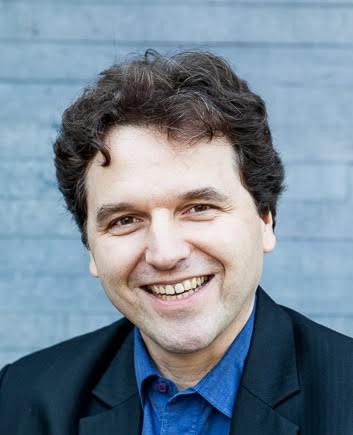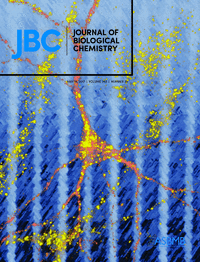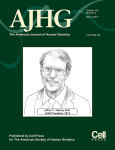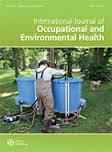![]() BMJ Global Health has pulled a paper that criticized U.S. research of the effects of cervical cancer screening in India over defamation concerns.
BMJ Global Health has pulled a paper that criticized U.S. research of the effects of cervical cancer screening in India over defamation concerns.
That’s not what the notice on the paper says, however — at the moment, it just reads:
This article has been withdrawn.
However, forwarded email correspondence between the first author and an associate publisher reveals the journal published the paper and planned a press release, then realized it should be reviewed by a legal adviser. When first author Eric J. Suba at Kaiser Permanente San Francisco Medical Center inquired about the status of the paper and any potential press release, he was told the journal could no longer publish it, out of concern they would be taken to court.
Suba told us that, when he learned the paper would be pulled:
Continue reading BMJ journal yanks paper on cancer screening in India for fear of legal action


 On April 27, the Journal of Biological Chemistry (JBC) retracted nine papers by a researcher based in Israel, including some dating back to 2000.
On April 27, the Journal of Biological Chemistry (JBC) retracted nine papers by a researcher based in Israel, including some dating back to 2000. The authors of a popular — and heavily debated — F1000Research paper proposing a method to prevent scientific misconduct have decided to retract it.
The authors of a popular — and heavily debated — F1000Research paper proposing a method to prevent scientific misconduct have decided to retract it.

 In six weeks, new policies for handling misconduct in Denmark will go into effect, which alter the definition of misconduct and establish clear policies for who handles such allegations.
In six weeks, new policies for handling misconduct in Denmark will go into effect, which alter the definition of misconduct and establish clear policies for who handles such allegations. A diabetes journal has issued two notices of concern for papers co-authored by a researcher who took another publisher to court after it did the same thing — but
A diabetes journal has issued two notices of concern for papers co-authored by a researcher who took another publisher to court after it did the same thing — but  In August, the U.S. Office of Research Integrity announced that a former postdoctoral fellow at the National Human Genome Research Institute (NHGRI)
In August, the U.S. Office of Research Integrity announced that a former postdoctoral fellow at the National Human Genome Research Institute (NHGRI)  A representative of Taylor & Francis has responded to concerns raised by former and current editorial board members of an occupational health journal, after the publisher took some significant actions without consulting the board.
A representative of Taylor & Francis has responded to concerns raised by former and current editorial board members of an occupational health journal, after the publisher took some significant actions without consulting the board.